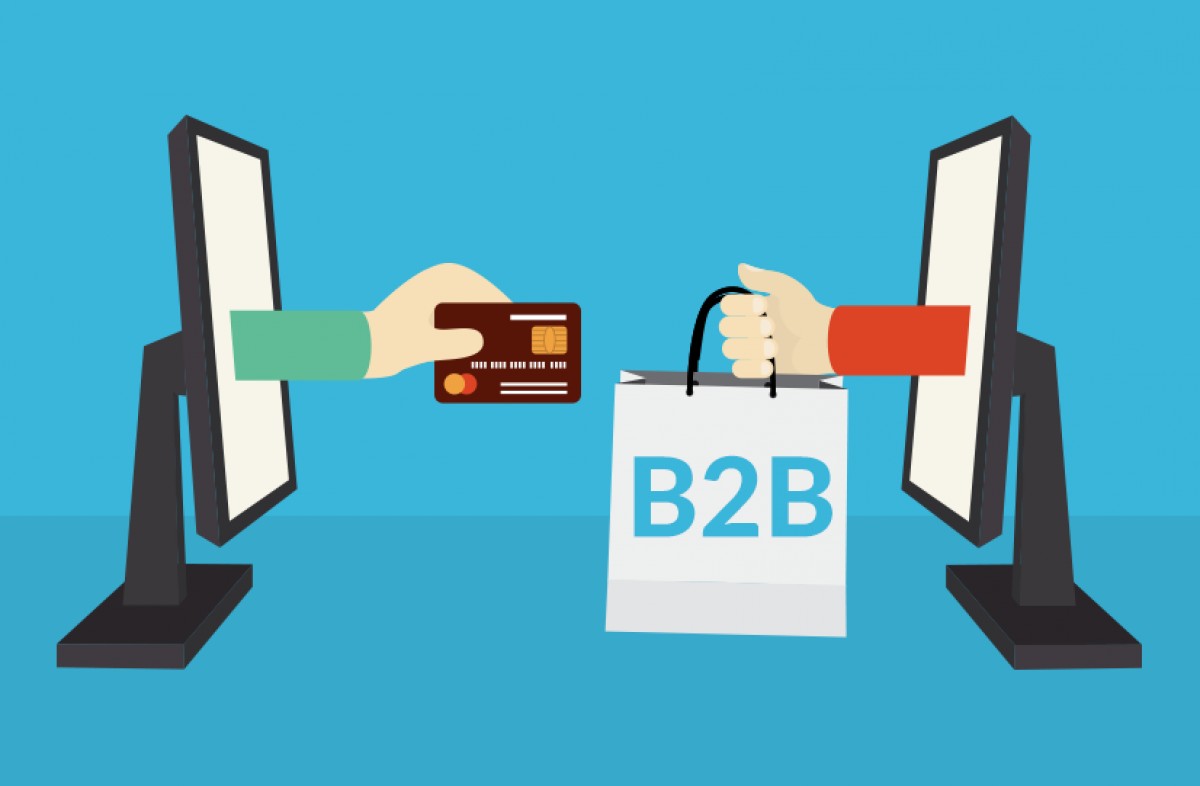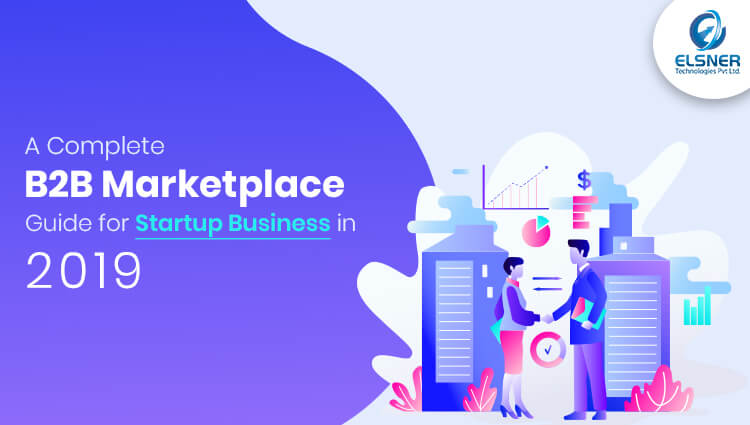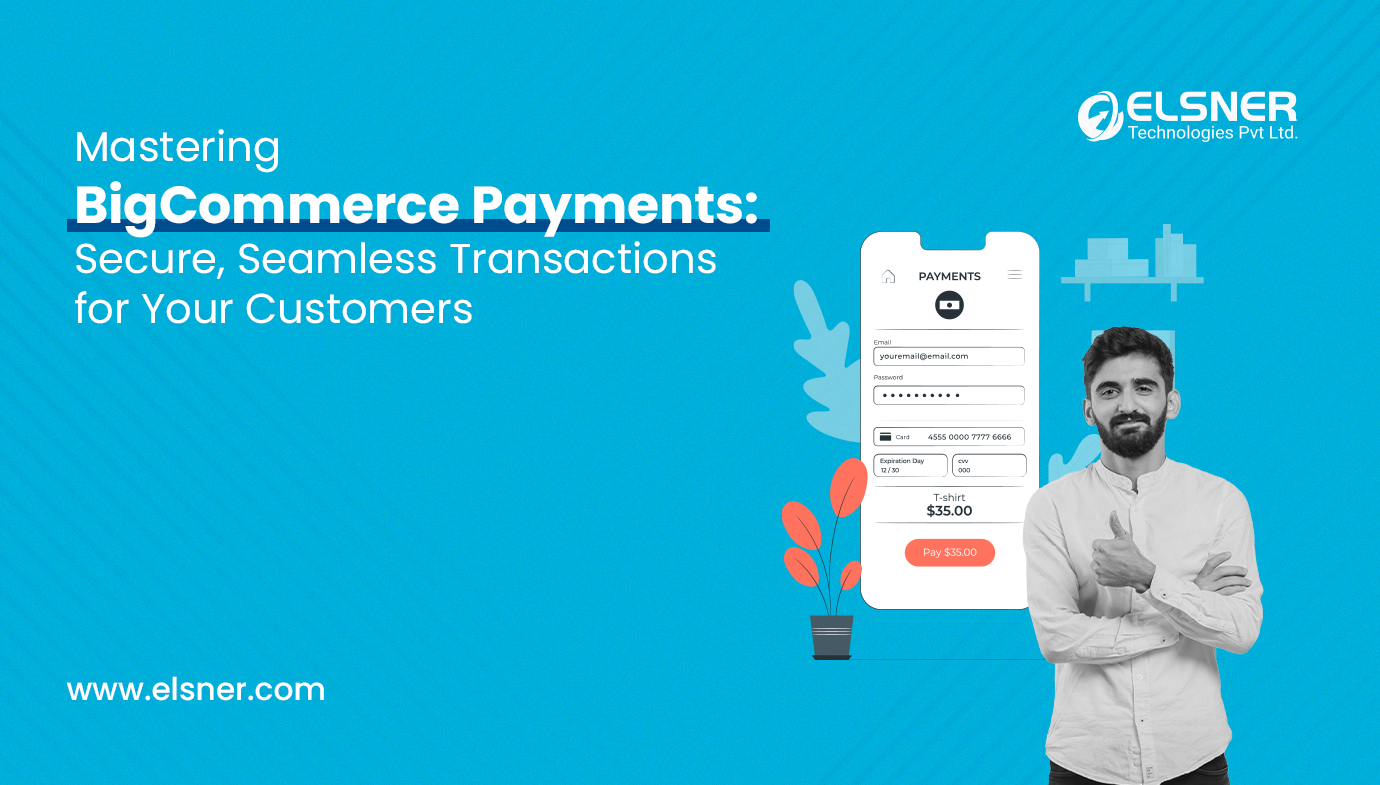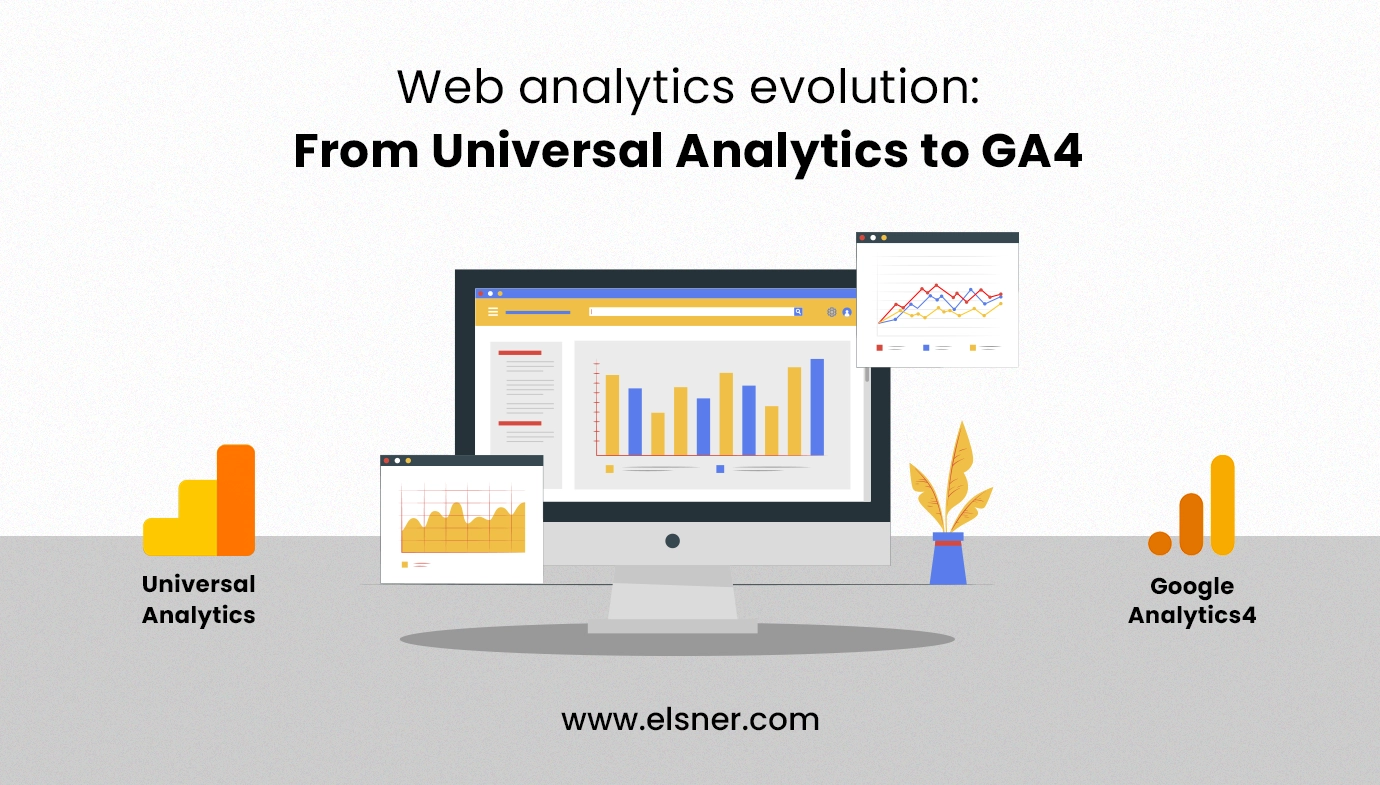Business to business (B2B) marketplace is like any other marketplace with one significant difference; the customers are treated as a company. B2B marketplace act as an e-commerce website by putting buyers and sellers on the same platform.
However, suppliers have a slightly different role in this, they are like independent vendors offering their services in this huge online marketplace.
For example, in the B2B marketplace, the prices are different for each client. Repeated customers or customers who place large orders can expect gigantic discounts.
Why B2B Marketplace is The Superior Platform for Online Business?
Usually, small businesses and single-person businesses are the major clients of the B2B marketplace. The main goal is to provide satisfactory service to customers via small businesses who are also seeking to boost their customer bases.
B2B marketplace provides services for customers who are also a business. For example, online catering business software mainly provides businesses with catered meals for employees or lunches for events or special meetings.
B2B Marketplace Models

-
Commission Based Model:
A commission based model is a type of online transaction revenue model, which means the operator charges commission for every transaction that happens between two parties. This model is one of the most popular among all the industries. The percentage of commission plays a crucial role in order to attract enough sellers on your platform. The operator defines and changes the commission on all the transactions happening on the marketplace.
Almost all the industries are using this model nowadays. Nevertheless, if you have a business with a low level of margins, it will be risky for your business. In other words, choose the commission for your services wisely.
-
Subscription Based Model:
This business model is for sellers with the high business volume on the platform. The operators can charge by either monthly, yearly or any other duration, in addition to this, the subscription model allows the operator to define their own offers in order to give a wider choice to sellers.
For example, a basic plan offering a free trial product for certain days. A monthly plan with a certain number of products for $50/month and last the premium offer more expensive with unlimited access to the features.
Advantages as a seller
It doesn’t matter if you are a small manufacturer looking to distribute your product to new customers or distributors looking to expand their business territory, you can use B2B marketplace.
- Save Big Bucks
First, newbie sellers don’t have to develop and maintain their own eCommerce platform. Second, as the marketplace is the one who responsible for all the marketing stuff, you don’t have to spend as much efforts on it.
On the flip side, you do lose some control, as B2B marketplace don’t require a lot of upfront expenditure.
- Storefront Setup
Setting up a marketplace from scratch is sometimes hard for new entrepreneurs who are seeking to gain popularity in this online business. But with the help of B2B marketplace, you won’t have to spend months or even years setting up a storefront. Instead, what you have to do is you just need to create an account and upload your product description to start selling. You can set up a storefront in B2B marketplace with the blink of an eye.
- Explore New Market Audience
Want to access an already engaged audience? You are at the right place. In other words, you don’t have to build an audience presence. The most important feature of this marketplace is you can expand your reach to new customers, even globally.
This is a golden opportunity for new business owners who want to test their new products or services. Depending on the profit ratio, you can pull or push out the products.
- Bigger and Better Results in High Conversion Rate
B2B is now a fully grown marketplace both in terms of size and profit. Reason?
Because of the higher order volume and average B2B buying ratio is also growing with tremendous force. The average conversion rate in B2B marketplace is 10% which is the highest conversion rate in any online business.
Unlike B2C, in this marketplace, buyers place large quantities in bulk. Sometimes, the customer can order thousands of items in one single transaction. According to the recent survey, the average order value of B2B marketplace is around $491, in opposing to $147 for B2C.
- Stay Ahead of the Curve
There is no doubt about it that the B2B eCommerce is the fastest growing online market. It is now a great time for you to involve in this ever-growing marketplace. In addition to this, you have a better opportunity to put yourself ahead of the competition in order to do this you have to take every opportunity that B2B marketplace has to offer.
- No Middle Man – Direct Consumer Selling

Without having a middle man you can improve operational efficiencies and make online transaction process easier. In addition to this, you can market your own catalogue to the consumer.
You don’t have to follow the traditional B2B selling model, you can go beyond that. In order to do this, you’ll need to invest in strong digital marketing strategies.
- Handle Suppliers without any hassle
In order to run a successful B2B business, you need to manage and control multiple supplier relationships at once. Take a look at the following questions to start with; What is your current inventory levels? When you’re going to order large quantities?
On top of this, you need to take care of the orders and make sure your team communicates with multiple suppliers at once to ensure they order the precise amount at the best price.
You can make this process more smooth by being electronically connected with your suppliers. You can trigger the automation and workflow process when the inventory level is low. Automation process can save time and money while making sure there is no human error.
Every coin has two sides, just like any other business model out there, B2B eCommerce model has some flaws too, let’s dive and find out.
- Limitations of Market Base and Decision Freedom
Unlike any B2C model, this marketplace has some flaws when it comes to market base decisions. Small and medium eCommerce businesses have to be ready for some bumps on the way because this marketplace has a limited audience base as it deals with transactions between businesses.
Because of the involvement of two businesses, the majority of the decisions have to be precise. You may have to deal with the multiple stakeholders and decision makers, in other words, decision making can be a lengthy process in this marketplace.
- Dynamic Requirement & Real-time Update for Inventory
When it comes to experience, the majority of B2B buyers are looking for a unique yet straightforward experience that is why they choose self-service tools. A dynamic and user-friendly eCommerce website is nowadays every business’ first choice. According to a survey conducted by McKinsey, 86% of respondents choose self-service for their website.
You have to take care of inventory listing, sometimes product listing can create a hassle. For example, if you don’t have an inventory with the real-time update, you may end up having the same product listed in multiple channels.
- Deal with Complexity
In B2B marketplace management, expanding your online storefront can bring some problems like the complexity in your business. You have to share data with multiple systems. For example, your product listing or browsers are not exactly the same as your marketplace listing. You’ll have to follow their guidelines and meet the requirements of the product listing.
With all these pros and cons, in the end, you have to find out what’s good for you. Just keep in that you have a plan read in place to deal with some unexpected difficulties. With that being said, let’s move forward and look at some trends in 2019 that you should be aware of.
- Those who have data, have everything!
In today’s scenario, it is easy to understand why customer information is at the forefront of everything. In order to achieve profitable results in B2B marketing, you need to have a true 360-degree view of every customer. But connecting customers data across the various marketing platform can be a hard task.
But you don’t need to worry about that, here things getting interesting. You can use some of the best tools available in the market like ABM platform, customer relationship model (CRM) and last but not least market automation system. Using these tools marketers can share customer information across various applications.
- Artificial Intelligence Plays Vital Role
In the past couple of years, AI has been at the forefront of the conversation when it comes to B2B marketing. AI is already a part of online business such as marketing, advertisement, and sales technology.
AI proved beneficial in many scenarios such as messaging visitors and letting them know what to buy or keep track of every customer who visits the website.
Well, these are just a few examples of how newly introduced technologies can prove beneficial for B2B marketers. There are some marketing trends that will likely pick up steam in 2019.
For some of you, choosing or upgrading eCommerce platform may become a necessary part of B2B business. If you want to make a solid ROI, start preparing your organization to benefit from B2B marketplace.




